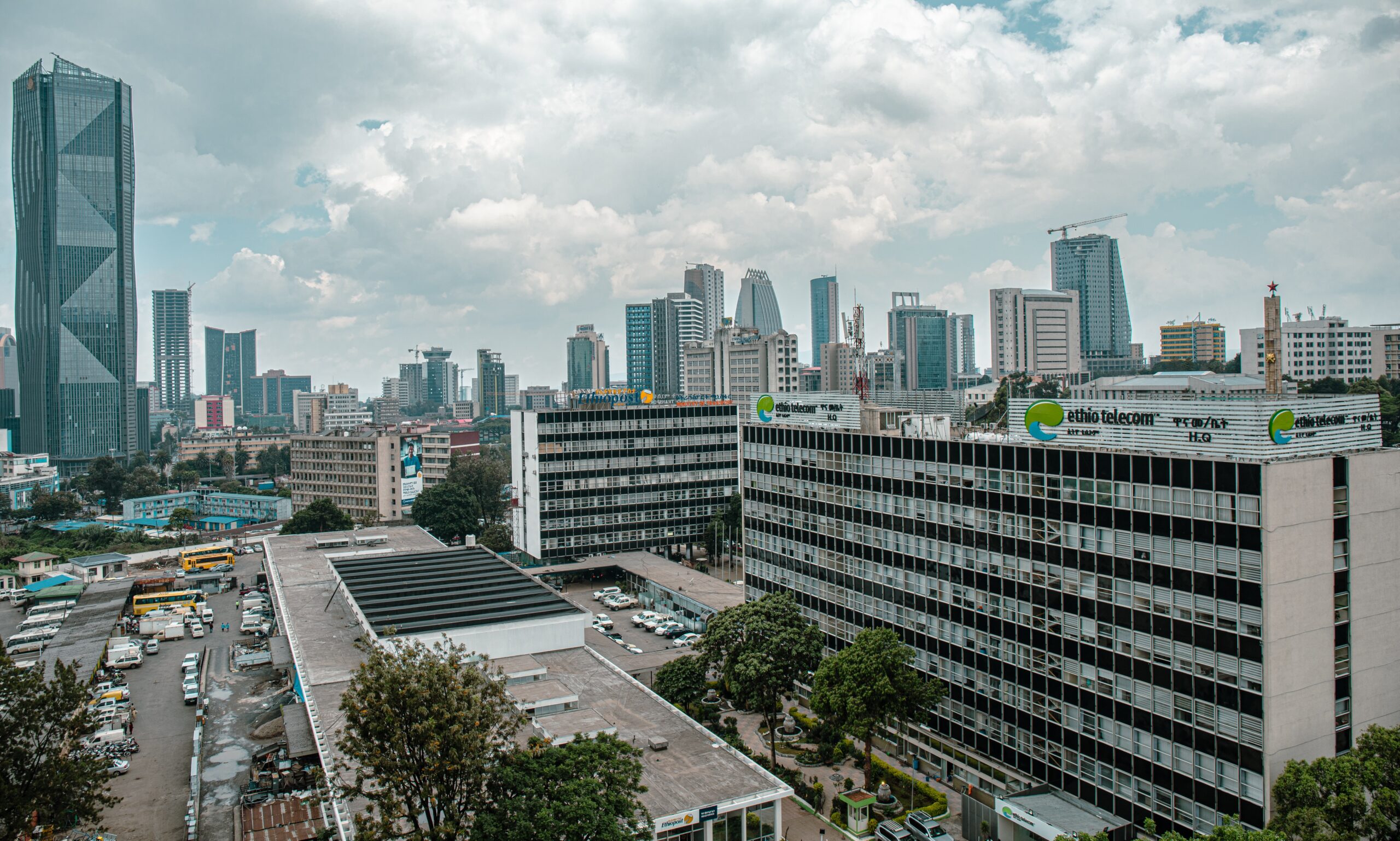Capital markets play a critical role in efficient and arguably effective allocation of scarce financial resources to competing investment opportunities in a given economy. They also provide an alternative source of capital for the private and public sectors in countries where they are well established. Capital markets complement the traditional sources of capital for businesses and governments, which include savings, bank loans, taxes and funding from development partners. For any country to transition into a developed economy, the growth and strengthening of its local capital market is an unavoidable precursor.
Most African countries are currently in the process of establishing their capital markets from the ground up or strengthening them where they have been in existence for a while. For Ethiopia, the ongoing process of capital market development supported by the IFC, UNDP and FSD Africa is meant to help in laying a strong foundation upon which a thriving capital market in the country will run.
It is important to understand the various stages of capital market development where specific countries are; in order to provide context specific support that is relevant to local dynamics. However, for the purpose of this prima, we shall explore at a high level the various stakeholders involved in transactions that take place in a fully established capital market.
The two main players in any capital market are the owners of capital or their representatives and those seeking capital to meet their funding requirements. Capital seekers (issuers) issue various securities (mainly debt or equities) to the capital providers (investors) in the capital markets. The role of the capital market is to provide a conduit through which this core transaction of capital transfer is conducted; in an orderly manner and within the confines of the law.
To ensure the selling and buying of securities is carried out smoothly in the capital markets, other stakeholders are involved as regulators or intermediaries to midwife the processes. Each stakeholder specializes in a given function that ensures transactions are initiated and settled seamlessly and accurately, within the required timelines.
Regulators sit at the top of the capital markets structure to develop and enforce policies that provide the legal frameworks within which the markets operate. Under the leadership of its Director General Dr. Brooke Taye, Ethiopia Capital Markets Authority (ECMA) is the government agency mandated to safeguard the interests of the investors and issuers in the Ethiopia capital markets. In addition to having a mandate to build local capacity and educate investors on the benefits of actively participating capital markets, ECMA is also mandated to set up the Ethiopia Securities Exchange (ESX).
Exchanges are platforms where issuers and investors converge to execute the sale and purchase of securities. These are online marketplaces where securities are traded including stocks, bonds, commodities and derivatives among others. Exchanges enhance market liquidity by bringing together a large number of buyers and sellers, making it easier for investors to buy or sell securities quickly without significantly impacting market prices. High liquidity contributes to the efficiency and stability of the capital markets.
Exchanges also contribute to the price discovery process by providing a transparent and regulated environment where supply and demand dynamics determine the market prices of financial instruments. They ensure that market participants have access to real-time price information, which helps in making informed investment decisions. In addition, exchanges enforce rules and regulations to maintain fair and orderly trading practices. They establish listing requirements for companies seeking to be publicly traded, monitor trading activities to detect market manipulation or insider trading, and ensure compliance with trading and reporting standards.
The Ethiopia Securities Exchange is scheduled to launch trading in 2024 – 2025; and plans are underway to ensure a successful launch of the first-ever securities exchange in Ethiopia. At the launch of ESX, at least 50 companies are expected to list on the exchange, including banks and insurance companies among other sectors. Ethiopia Investment Holdings (EIH), one of the investors in the ESX is a core driving force behind pipeline generation for companies expected to list at the ESX. The exchange will provide a platform for the privatization of some of Ethiopia’s state-owned enterprises; as well as provide a fundraising platform for small and medium-size enterprises in the country.
From a governance point of view, the ESX has already established a substantive Board of Directors comprising of exceptional professionals to provide strategic leadership to the exchange. The inaugural ESX seven members Board of Directors is led by Mr. Helaway Tadese as the Chairman, working closely with fellow board members; Dr. Eleni Gabremadhin, Fekadu Petros, Hinjat Shamil, Dr. Tewodros Makonnen, Yasmin Wohabrebbi and Zemedeneh Nigatu. It is expected that the first core mandate for this board will be to deliver a resoundingly successful ESX launch in 2024 – 2025. In line with this, the ESX has launched roadshows regionally and globally to create awareness and whet investors’ appetite ahead of the planned listings on the exchange.
Going forward, we expect the ECMA to continue implementing interventions that create an enabling environment for both local and international investors to participate in Ethiopia capital markets. On the other hand, the ESX is expected to continue with its capacity building initiatives and knowledge exchanges in order to learn and adopt best practices from established exchanges across the region. Collectively, we expect both stakeholders to engage other intermediaries in the local capital market to streamline their systems and processes to align with the overall strategy for capital markets development in Ethiopia.
Author: Jeremy Riro


